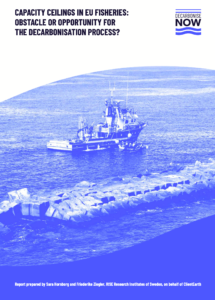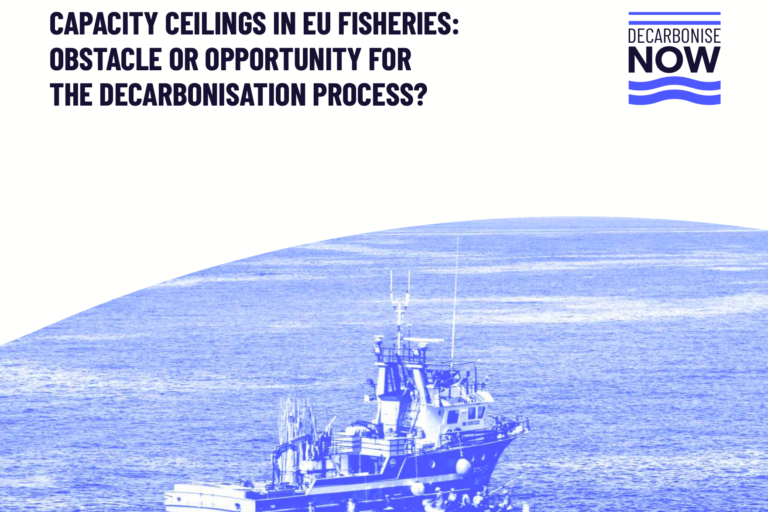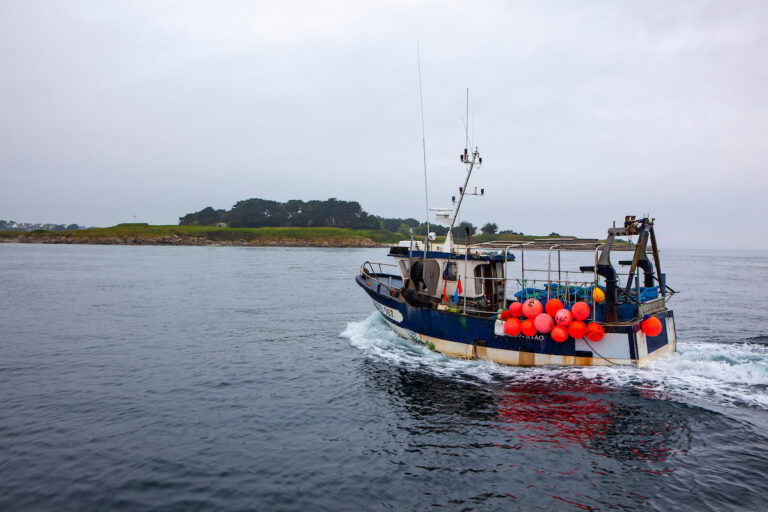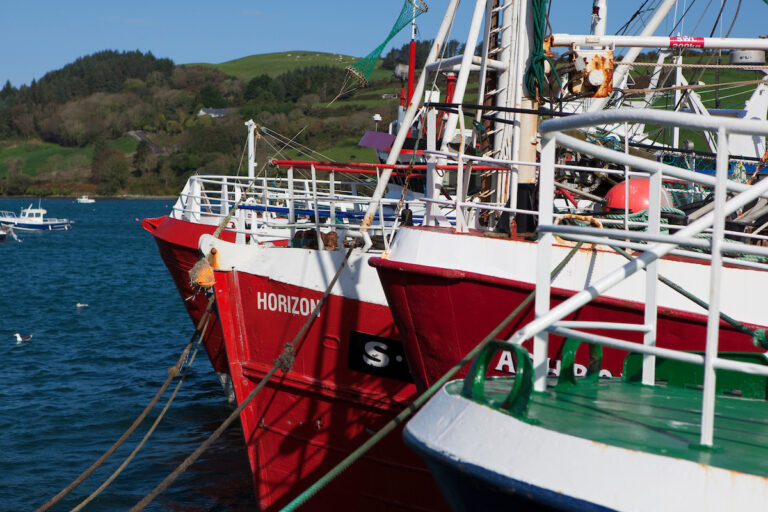Against the context of the current climate and biodiversity crisis, the urgent need to decarbonize industries such as EU fishing is becoming increasingly clear. At a time when the European Commission is due to publish a roadmap for decarbonizing the sector by 2024, industries generally point to capacity ceilings, such as those relating to gross tonnage (GT) and total power (kW), as obstacles to this energy transition. These ceilings, designed to prevent overfishing, are said to limit the storage capacity needed for alternative, less energy-dense fuels.
This report examines the extent to which existing capacity caps affect decarbonization efforts. The analysis reveals that many Member States have not yet reached their capacity ceilings, and there are pathways for hybrid or full decarbonization that align with current regulations. The report also highlights the potential for significant reductions in greenhouse gas emissions through improvements in energy efficiency and the adoption of hybrid energy solutions. While larger investments will be needed for full decarbonization, particularly for vessels operating in distant waters, the findings suggest that the current capacity ceilings can support significant progress. Further, the report calls for regulatory support and actions that align decarbonization with efforts to reduce overcapacity and overfishing, offering a dual benefit for both the climate and the sustainability of EU fisheries.





